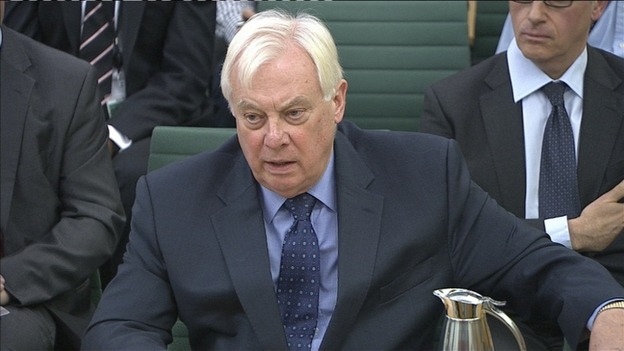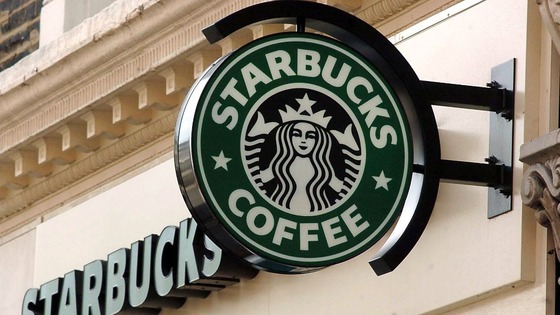The fightback began some time ago. Throughout Leveson plaintiff columns about free speech could be read in newspapers and heard across the airwaves. A few days ago the Mail revealed the astonishing political left nexus at the heart of Leveson (er, someone connected with the Leveson Inquiry also knew some left-wingers was about the strength of it) and today the Sun screeches about the importance of not having any regulation.
Because lack of regulation has worked really well so far. The Sun yesterday was forced to pay out 500,000 euros to Louis Walsh for publishing lies about him. The Mail a few days ago had to apologise to a Brazilian TV presenter for describing her as a soft porn actress. And over the years countless people have had to contend with lies, half truths and innuendos being published about them, to say nothing of the harassment that a certain breed of journalism develops.
Statutory regulation hardly means political control of the press, but you wouldn't guess that from the newspapers. The BBC is subject to statutory regulation, but no-one regards it as a dangerous political mouthpiece for elected politicians. The issue is whether the press should continue to have the freedom to damage people's lives because the penalties for doing so are so minimal. The issue is whether, after the failure of the press to regulate itself, it really deserves another chance. The issue is about whether the most powerful institution in this country should be allowed to continue to abuse its power and be the only unregulated body in the country. The issue is about many abuses committed by the press, but whatever Lord Leveson proposes, it is unlikely to involve shackling journalists' ability - and duty - to carry out proper investigative reporting, or the right of newspapers to hold whatever opinions they wish. Protests to the contrary are hysterical hot air designed to cover up a multitude of sins.
Because lack of regulation has worked really well so far. The Sun yesterday was forced to pay out 500,000 euros to Louis Walsh for publishing lies about him. The Mail a few days ago had to apologise to a Brazilian TV presenter for describing her as a soft porn actress. And over the years countless people have had to contend with lies, half truths and innuendos being published about them, to say nothing of the harassment that a certain breed of journalism develops.
Statutory regulation hardly means political control of the press, but you wouldn't guess that from the newspapers. The BBC is subject to statutory regulation, but no-one regards it as a dangerous political mouthpiece for elected politicians. The issue is whether the press should continue to have the freedom to damage people's lives because the penalties for doing so are so minimal. The issue is whether, after the failure of the press to regulate itself, it really deserves another chance. The issue is about whether the most powerful institution in this country should be allowed to continue to abuse its power and be the only unregulated body in the country. The issue is about many abuses committed by the press, but whatever Lord Leveson proposes, it is unlikely to involve shackling journalists' ability - and duty - to carry out proper investigative reporting, or the right of newspapers to hold whatever opinions they wish. Protests to the contrary are hysterical hot air designed to cover up a multitude of sins.







